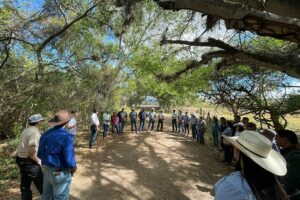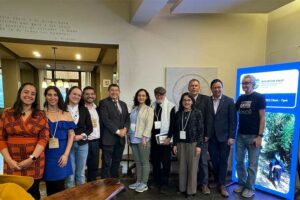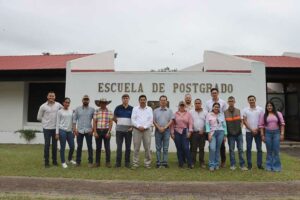Producers from Biosphere Reserve Montes Azules form a field school in sustainable livestock production
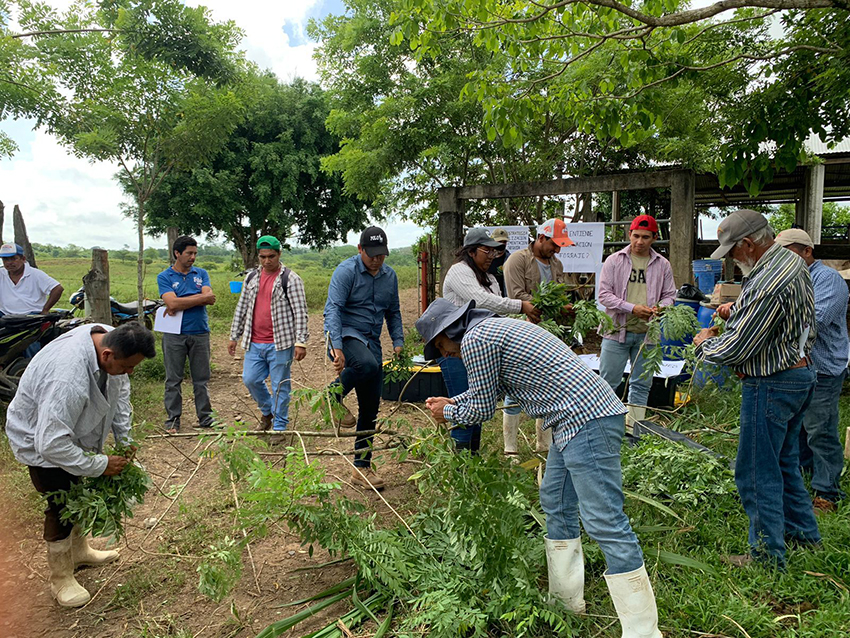
- The initiative is promoted by Bioconciencia A.C. and the BioPaSOS project, with the aim of improving livestock landscape management and coexistence with the jaguar.
July 18, 2022. Seeking to scale up to new regions of Chiapas, Mexico, the Biodiversity and Sustainable Agro-silvo-pastoral Livestock Landscapes project, known as BioPaSOS, and the civil association Bioconciencia fortified the capacities of livestock producers with practices that will help increase animal productivity, but also improve the management of the livestock landscape and coexistence with the jaguar.
The training was carried out through a workshop that took place from July 5 to 7 in the Adolfo López Mateos ejido, in the municipality of Marqués de Comillas, with the participation of 19 people (16 men and three women) who raise cattle in buffer zones or adjacent to the Montes Azules Biosphere Reserve of the National Commission of Natural Protected Areas (REBIMA-CONANP).
"Through the workshop, the farmers identified their main problems and limitations; information that will help design the intervention strategy of the Field Schools, but will also allow silvo-pastoral practices and other good livestock practices that will help increase productivity and improve coexistence with the jaguars in the region," said Antonio de la Torre, coordinator of the Jaguars of the Maya Forest project of Bioconciencia, A.C.
Participants were interested in improving their production systems, using sustainable and economical practices and technologies that can be adopted and adapted on their ranches.
The workshop was facilitated by José Antonio Jiménez, coordinator of the BioPaSOS project in Chiapas; Juan Daniel Monzón, technician of Bioconciencia's Jaguares de la Selva project; and de la Torre.
Eliseo Simón Ortiz, a livestock producer, said that the rapid participatory appraisal allowed him to learn about his problems and limitations in livestock farming. Likewise, Francisco Simón Ortiz, another livestock producer in the area, indicated that with the implementation of silvo-pastoral systems and good livestock practices such as the vaccination and deworming calendar, they will be able to produce more meat, have healthier animals and reduce jaguar attacks.
As a final result of the workshop, the first Field School was formed, called the Jaguar Livestock Field School, in which 19 livestock producers will participate.
Jiménez thanked the participation of all the people involved for being interested in generating these spaces for the exchange of information and experiences that help to achieve the production objectives and improve coexistence with the jaguar.
The BioPaSOS project is implemented by CATIE (Tropical Agricultural Research and Higher Education Center), with the support of the Inter-American Institute for Cooperation on Agriculture (IICA), in coordination with the National Commission for Knowledge and Use of Biodiversity (CONABIO, its Spanish acronym) and the Ministry of Agriculture and Rural Development (SADER, its Spanish acronym), with funding from the International Climate Initiative (IKI).
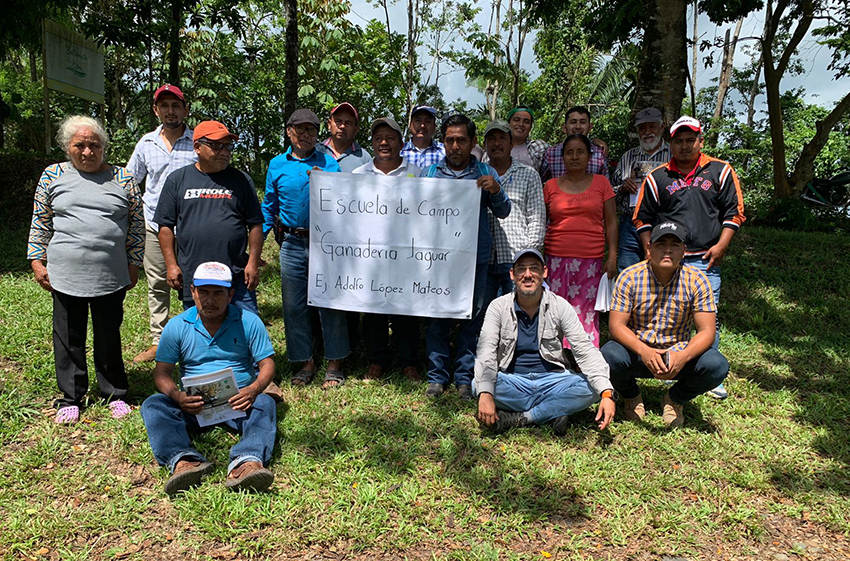
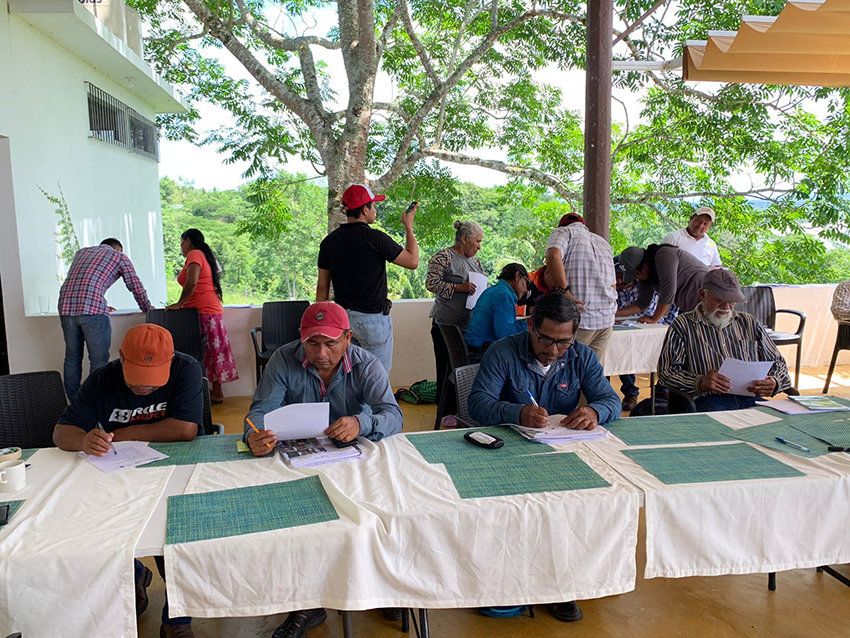
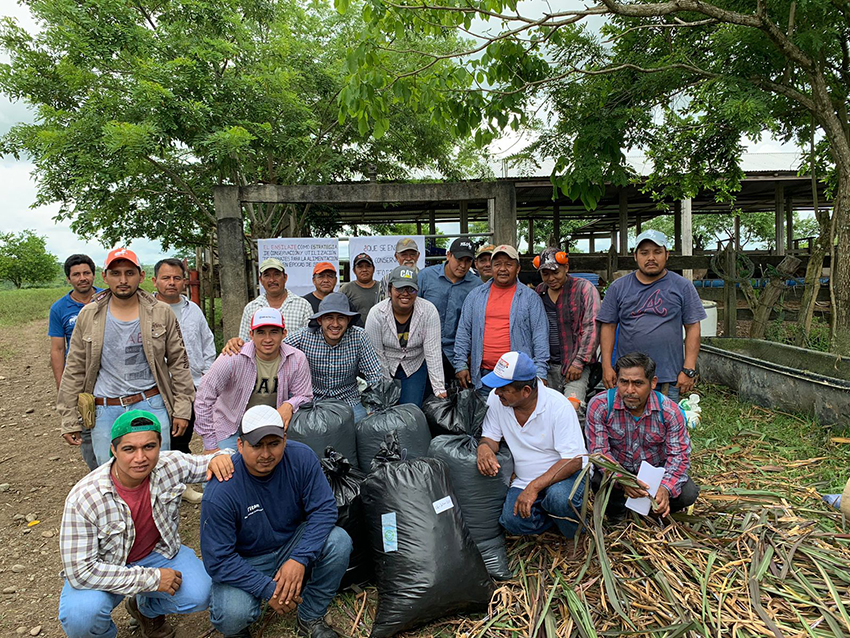
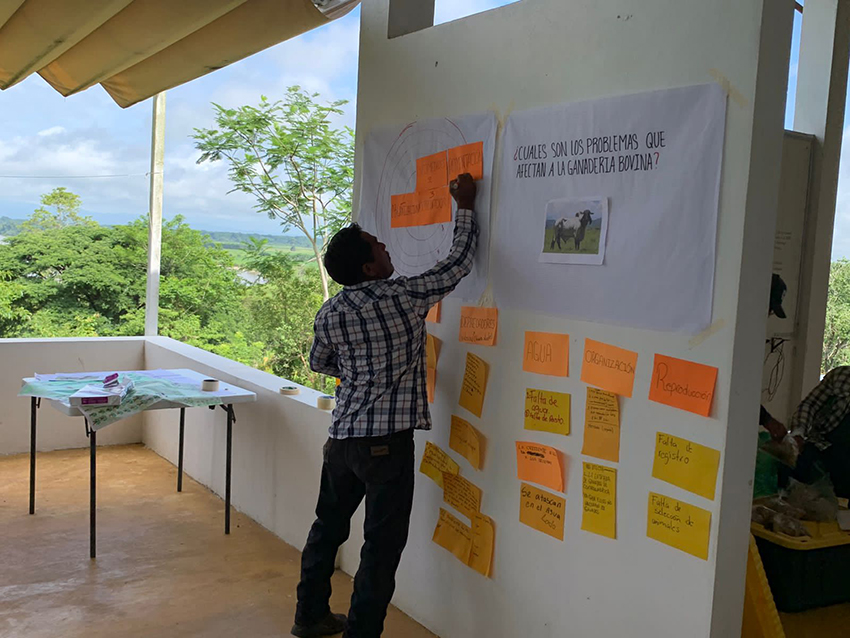
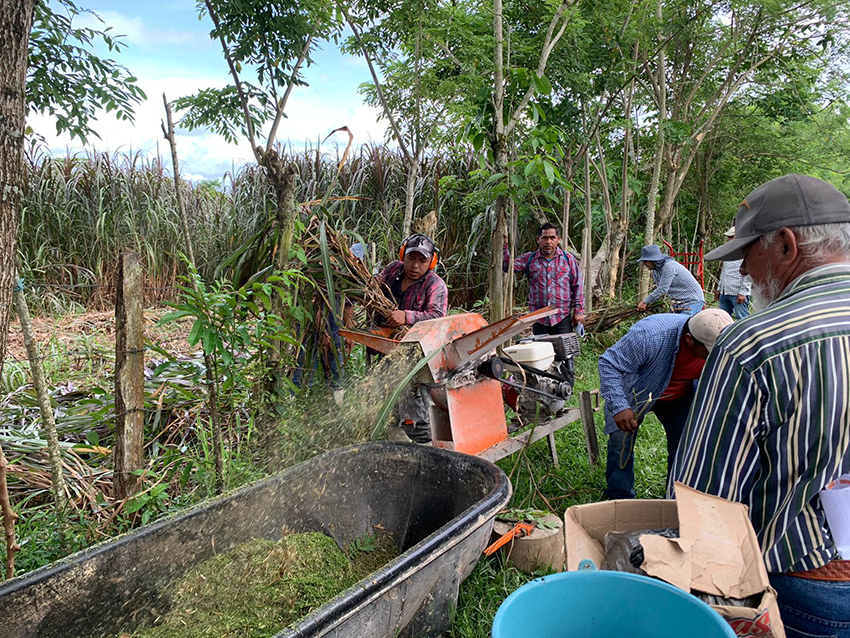
More information/written by:
José Antonio Jiménez
Local Coordinator
Biodiversity and Sustainable Agro-silvopastoral Landscapes (BioPaSOS)
CATIE

